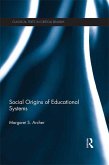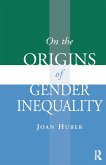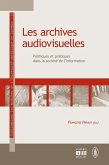In 1784 British administrators created the Asiatic Society of Bengal and started editing Sanskrit texts with the help of native Pandits. In 1804 Friedrich Schlegel commenced his study of the Sanskrit manuscripts in the French National Library in Paris. Within twenty short years, the study of Sanskrit by Europeans had undergone a profound shift. It was no longer necessary to be in India to tackle the subject; Germans took over the academic lead from the British; chairs of Indology were set up in most German universities, and German Indologists were even hired in Great-Britain and in India. Pascale Rabault-Feuerhahn's book retraces the intellectual and institutional history of Indology in 19th century Germany. It places it within a broad academic, political, and cultural context, while also looking at ist evolution in conjunction and confrontation with neighbouring disciplines, such as classical philology, Oriental languages, and theology. From the start of the period, which was also a formative moment for German Romanticism, knowledge of Sanskrit was instrumental in establishing the existence of an Indo-European family of languages and laying the basis for comparative grammar. This placed the question of the links between languages and peoples at the heart of Indological research and shed light upon the ambiguous status of India as an Eastern entity tied by language to the West. In particular German Indologists engaged in the study of the Vedas, the oldest and most sacred text of Indian antiquity, which they mostly envisaged as a key to a primeval Indo-European Age.
Dieser Download kann aus rechtlichen Gründen nur mit Rechnungsadresse in A, B, BG, CY, CZ, D, DK, EW, E, FIN, F, GR, HR, H, IRL, I, LT, L, LR, M, NL, PL, P, R, S, SLO, SK ausgeliefert werden.









